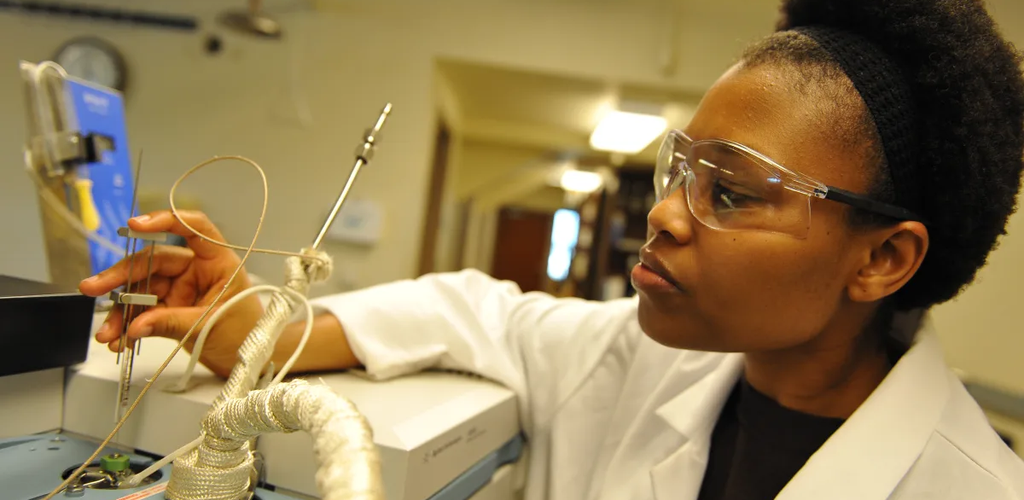Dr Farai Kapfudzaruwa, Research and Strategic Partnerships Manager at Future Africa, University of Pretoria, calls for an African forum to craft a coherent strategy for positive change in the African STI landscape.
In the crucial fields of science, technology, and innovation (STI), Africans still lack significant influence in shaping agendas and priorities. Funding for scientific research within Africa predominantly originates from external sources such as the UK, the US, Asia, and institutions like the World Bank, while domestic contributions from African states remain minimal. Despite the African Union's call for allocating 1% of GDP to research and development, the average gross domestic expenditure on research and development in sub-Saharan Africa has stagnated at around 0.3% of GDP for the past thirty years, significantly lower than that of high-income countries.
Private sector funding falls short in bridging the gap, and there is a lack of alignment between private sector investments and government contributions. Consequently, African scientific research faces a substantial funding deficit, often resulting in stagnation when external funding is unavailable. This scarcity of resources manifests in less equity and inclusivity in global science, contributing to Africa's insufficient production of scholars and PhD graduates, with only 198 researchers per million people compared to the global average of 1150 and much higher figures in countries like the UK and USA.
Despite these challenges, progress has been observed over the past two decades, particularly in the increased publication outputs by African scientists and collaborative efforts in cutting-edge research areas such as genomics. However, the overall landscape remains disjointed and underfunded, hampering Africa's influence on global issues.
In response to this, the University of Pretoria's Future Africa initiative serves as a pan-African collaborative platform for research, aiming to address the continent's most pressing challenges in partnership with various stakeholders. Collaborating with the International Science Council (ISC), comprising over 200 global science institutions, this initiative seeks to enhance the African STI ecosystem by addressing capacity building, resource allocation, and opportunities. The partnership aims to reinforce the African agenda for building safe, equitable, and sustainable societies, showcase African scientific strengths on the global stage, and amplify Africa's voice in global science policy making.



